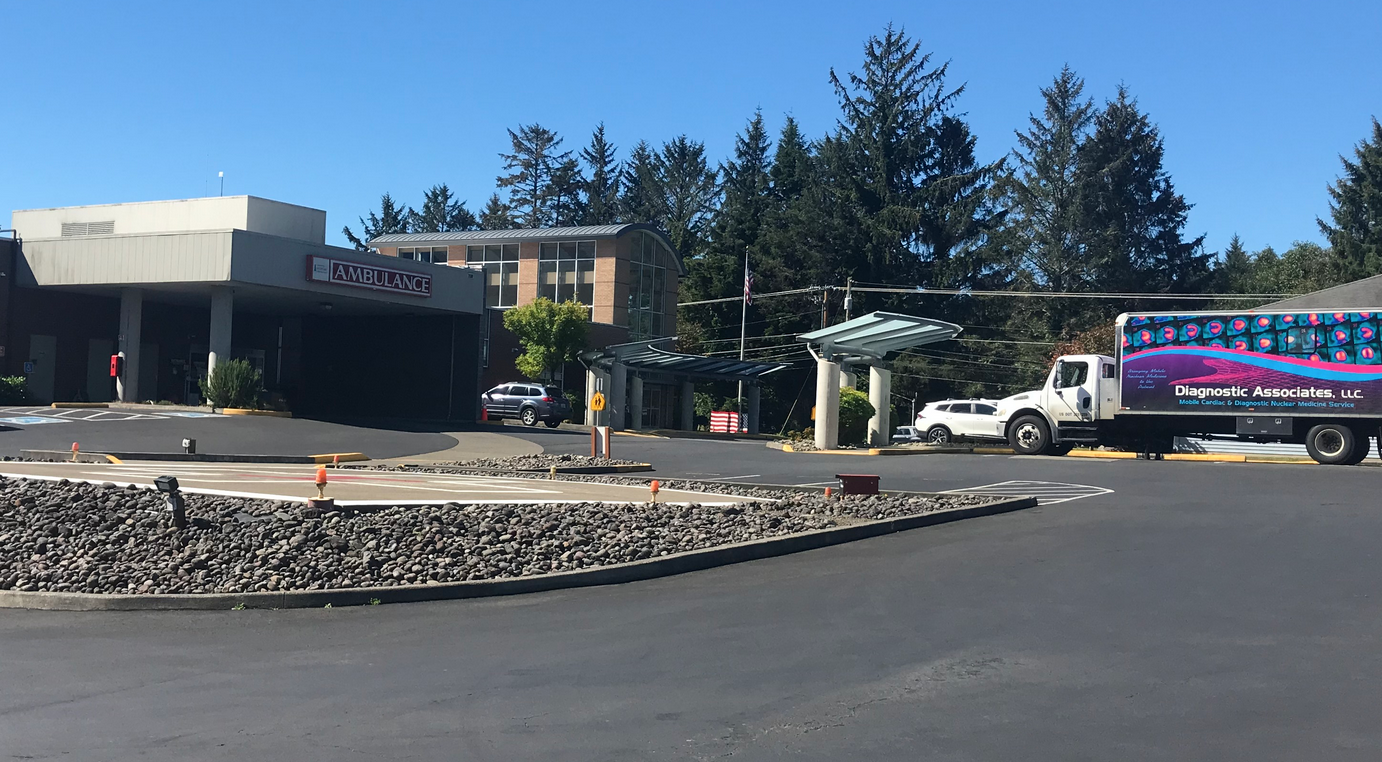Letter: Prepare kids for the future, not for tests
Published 12:27 pm Monday, October 30, 2023
If you’re over 45, you’ve probably never gone through standardized testing.
Trending
Lately, the paper has been full of people complaining that our kids are “failing.” Sometimes they are specifically failing tests, sometimes it’s the schools failing the kids, and sometimes it’s just “the kids are failing” end of sentence. Many of these vocal folks have not been in school or had a school-aged kid in several decades. Surprisingly, school has changed a lot since 1979. There are more graduation requirements, fewer trade and technical options, and you can’t smoke on school grounds anymore. I am a proud product of the Ocean Beach School District, and I did graduate in the last decade (s/o class of 2016). I’ve also been blessed with the opportunity to take all three different iterations of WA State tests – WASL, MSPE/HSPE, and the Smarter Balance, as well as the high school STEM specific state standardized tests, the EOCs (for Algebra I, Geometry, and Biology). This was an honor bestowed almost only to 2016 graduates. They kept scrapping that bad boy and starting over, but the third time was the charm, I guess.
To be frank, state tests are bad and inaccurate. In 2001, with the purest of intentions, George W. Bush passed the No Child Left Behind Act, which made state testing a federal requirement for states who wanted to continue to receive federal education funding. To be fair, WA had already started rolling out the WASL before this, but the No Child Left Behind Act allowed them to really go hog wild and made it so there was no turning back. After receiving federal funding, states would deal out funding to schools based on test scores which resulted in an endless cycle of failure. So, what schools are more likely to do well? Schools in affluent areas, with bigger student populations, where all kids’ needs are met, where kids have strong family and community support. These schools do better and get more funding. Meanwhile small schools, rural schools, school districts with high poverty levels who already don’t get enough funding get less funding. Seems counterintuitive to me. And for those of you saying, “Exactly! That’s why we need better test scores, because our schools need more funding,” tell me, did you vote yes or no for the school bond?
State testing puts pressure on teachers to teach kids to pass the test, not to actually learn things. You might argue “well that just means the teacher needs to do a better job!” but teachers are already overworked, under-resourced, and expected to act as teacher, parent, disciplinarian, psychiatrist, social worker, mediator, body guard, etc. for their (over-enrolled) class.
Trending
State testing does not measure the knowledge and skills of our students. If you, like many of the very opinionated people writing letters to the editor, have never taken a WA state standardized test, let me describe the experience. Kids sit in a classroom for four to six hours in dead silence taking a test they’ve been told all year is very very important. They are told if they talk during the test, they will fail. If they talk about the content of the test during breaks or after the test, they will fail. If it looks like they might even kind of be looking at their neighbor’s test, they fail. They cannot go to the bathroom. They cannot get out of their chairs. They are given very specific and strict instructions on how to fill in a bubble. They do this three days in a row. Kids aren’t machines. What if they’re having an off day? Can we really expect them to do their absolute best on the third test of the week, when they’ve already spent 12 hours in testing? Is this really an accurate way to measure test scores?
But if there are no test scores, how do we know our kids are being challenged? My gorgeous, intelligent mother graduated from high school in 1983 with very good grades. The highest level of math she had to take was geometry. I took the same level of geometry in 8th grade. I then proceeded to have to take math every year of high school. School is plenty hard now, don’t you worry. So, if the highest math she took in high school was a class I took in middle school, what was she spending all her time doing? Well, her high school had a ton of trade programs and career classes. My mom entered the secretary program and graduated knowing how to type (it was a big deal then), read shorthand, and do other administrative activities. My uncle did the school’s auto shop program. After graduating, my uncle continued working on cars and has made a profitable career out of it. When I was in high school, we really didn’t have a lot of options like that.
Now, however, IHS has a ton of non-test score-based programs. Think back to the SkillsUSA competitions last spring. We had kids competing in categories like graphic design, crime scene investigation, healthcare, first-aid, plumbing, electrical wiring, screen printing, fire fighting, welding, robotics, and computer programming. These teach real, transferable skills and give kids an idea of what careers are out there. In our area, kids don’t have a lot of exposure to different career fields. It can be hard to create goals and dreams for the future when you don’t have a good idea of what opportunities are out there.
I’m not writing this to ask you to vote for a certain school board candidate or not vote for some other candidate. I’m asking that you don’t make that decision based on a promise of test scores. As a community, we should be more concerned with making sure our kids are set up for success for their futures, futures they are excited about, than the scores they get on WA state’s third attempt at a standardized test. Let’s not reduce our students to a test score.
ABBY BENTLEY
Ocean Park









